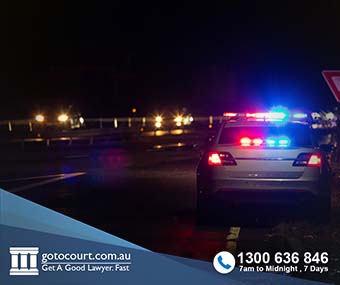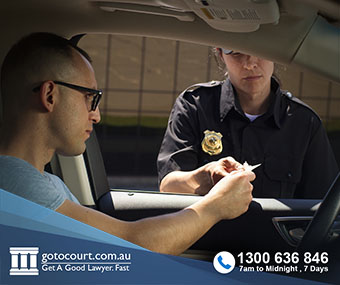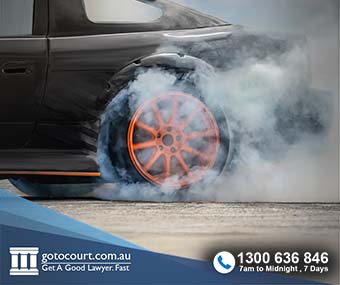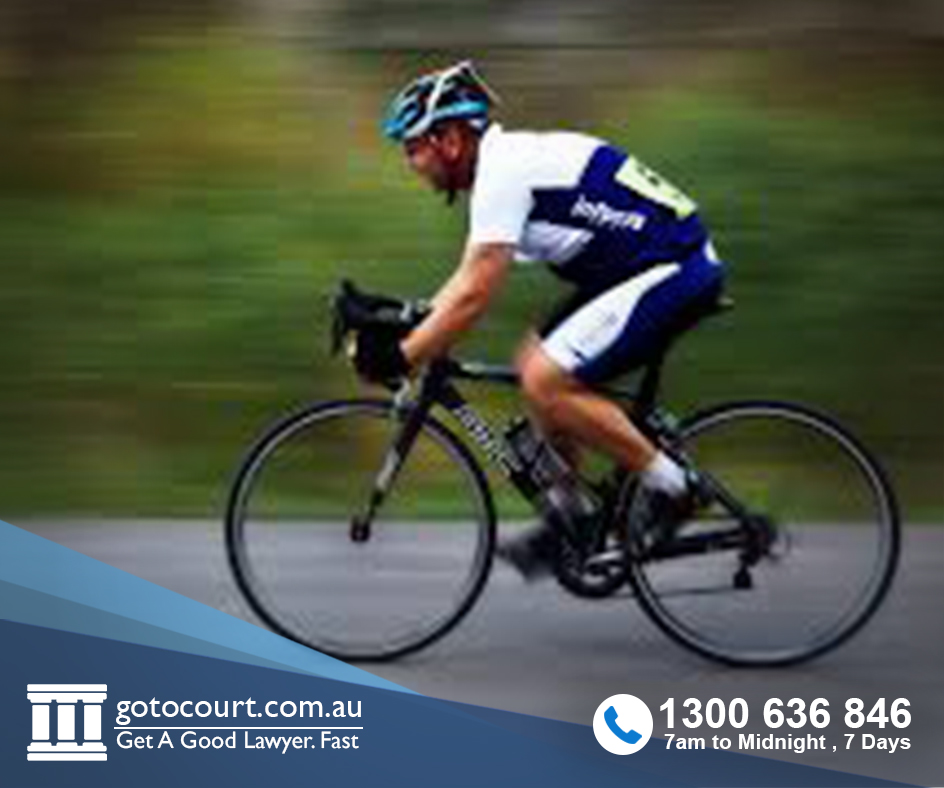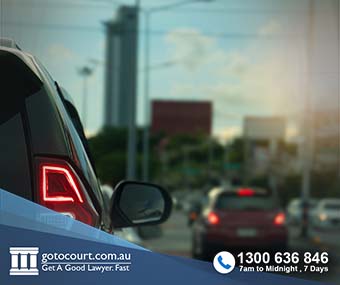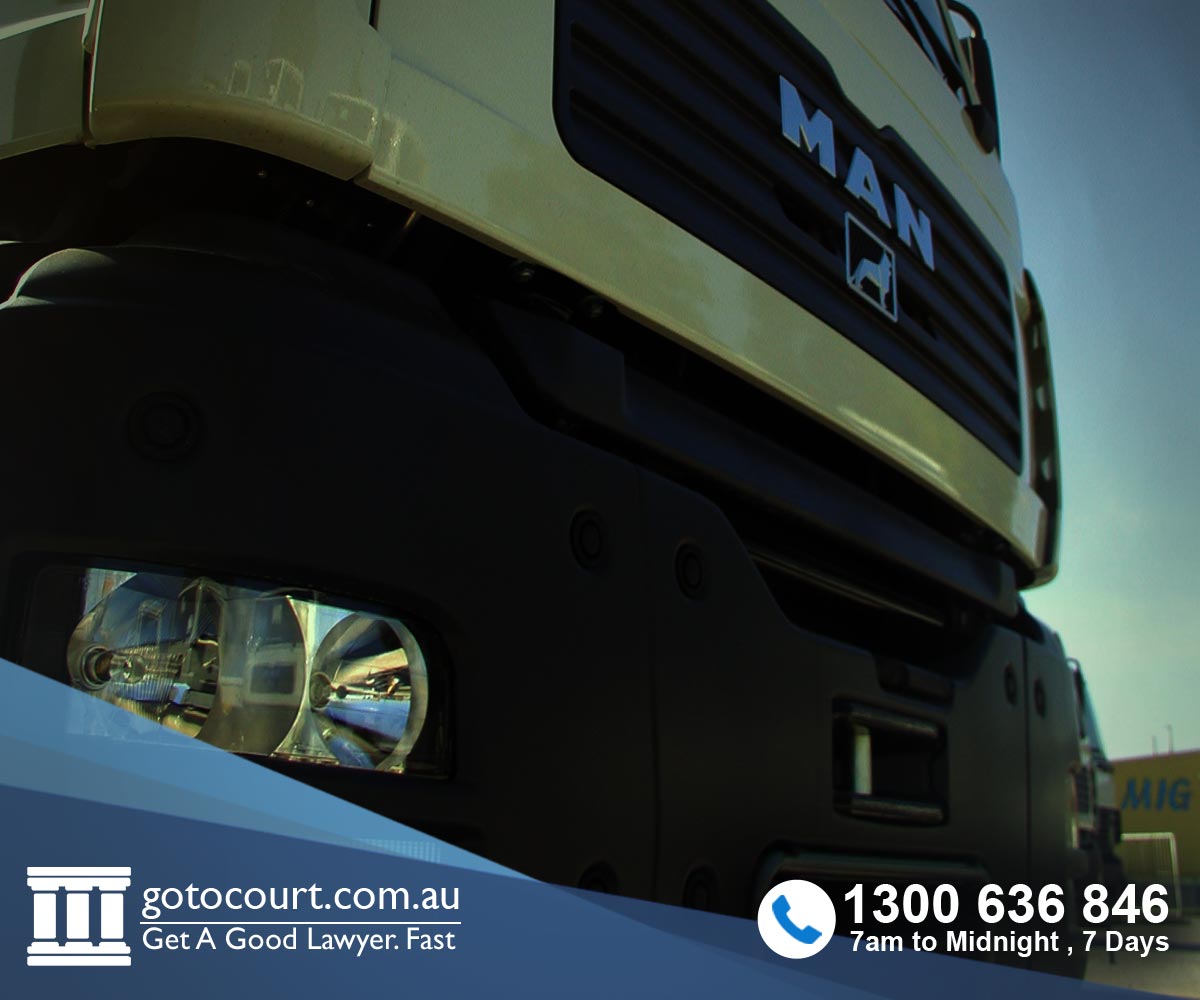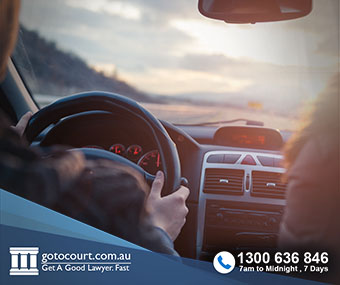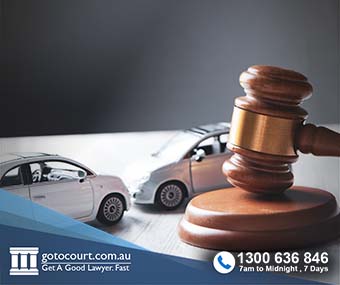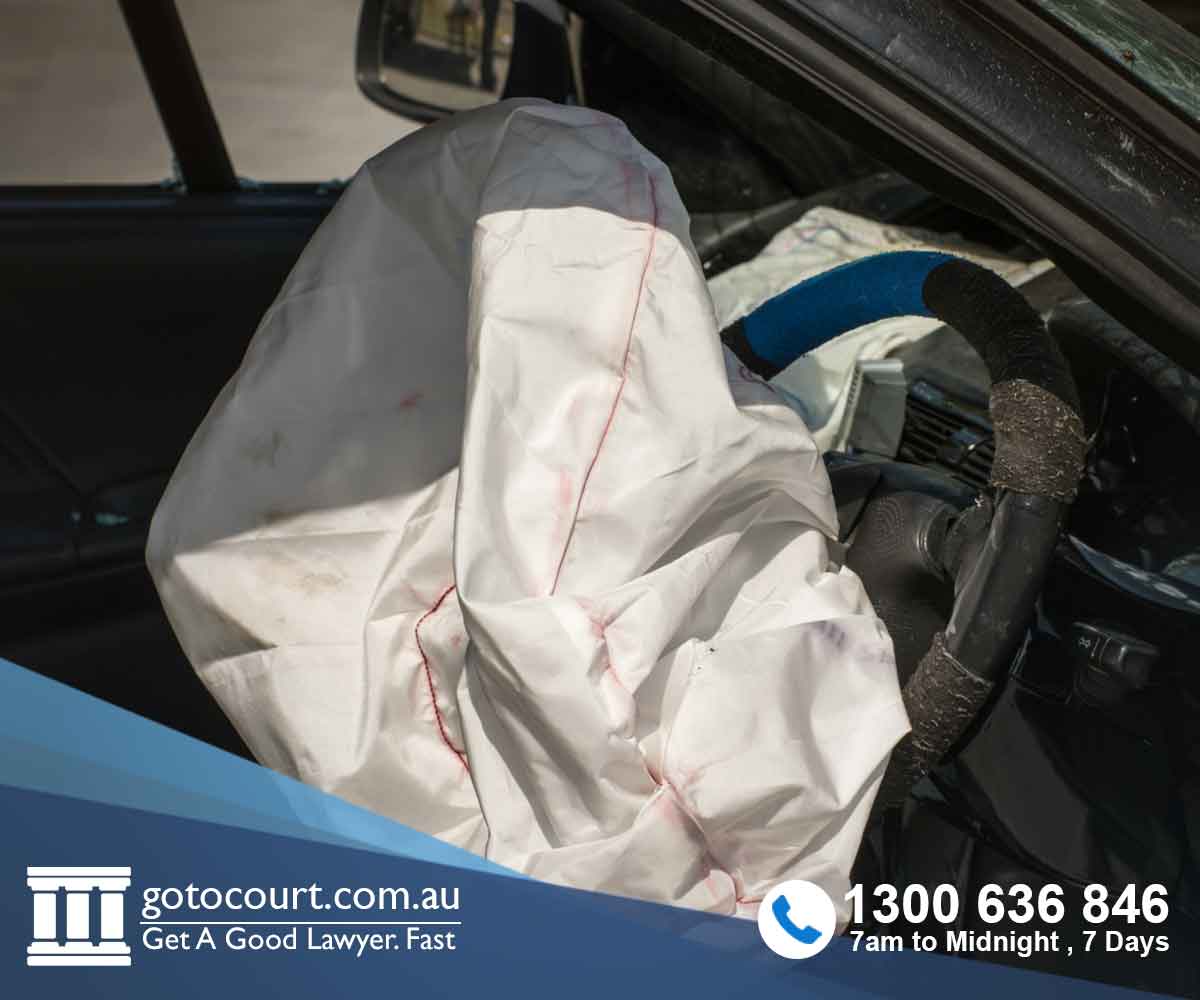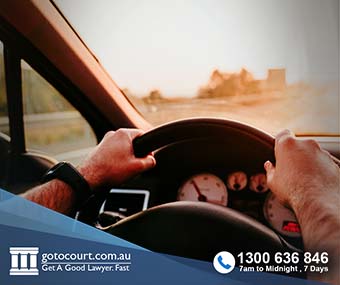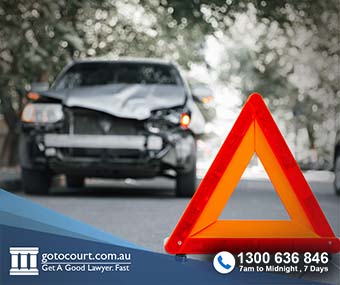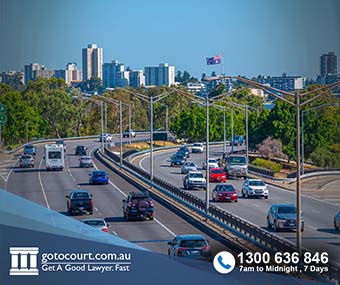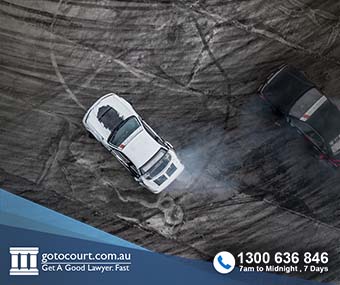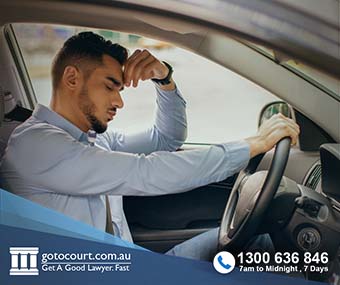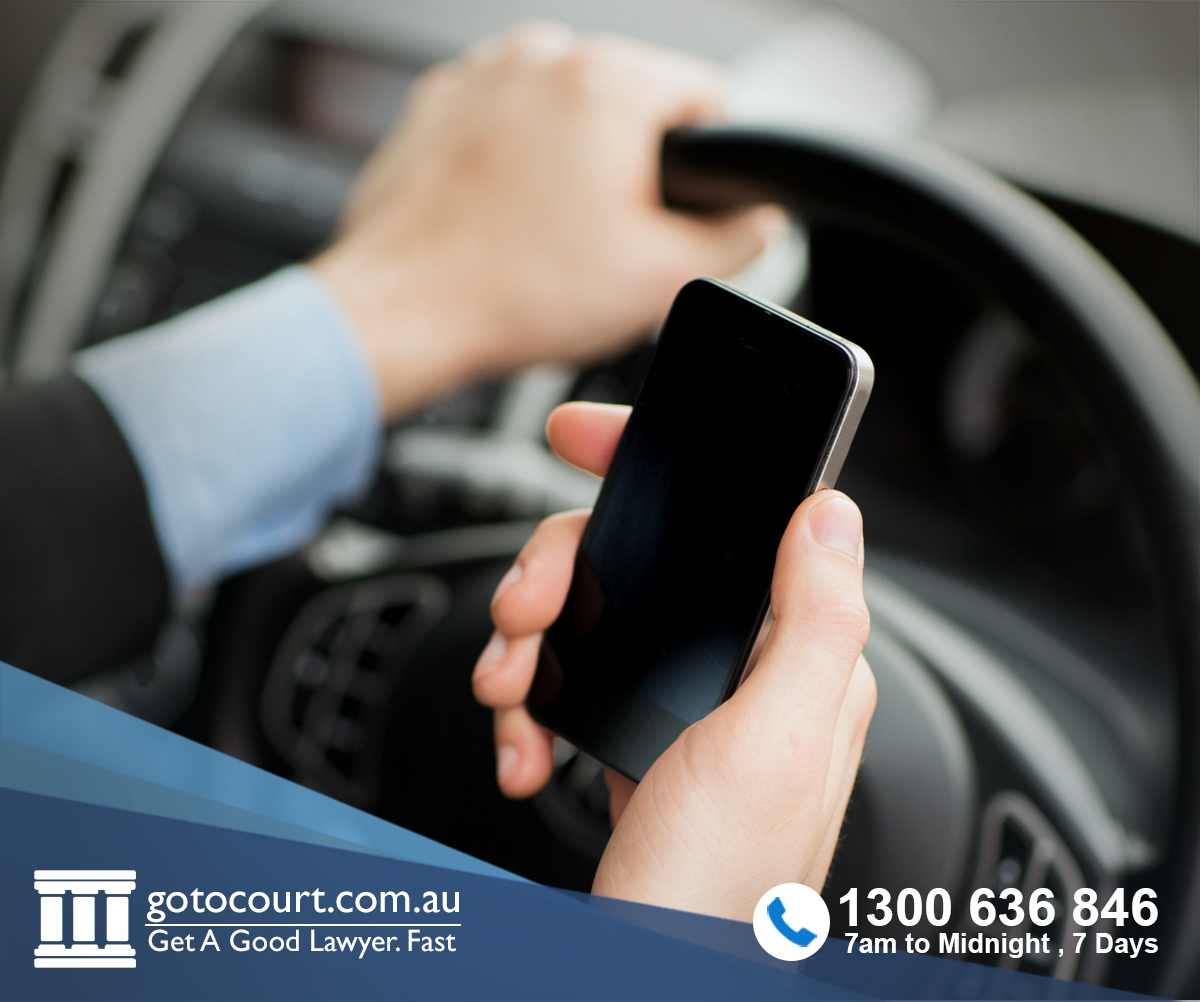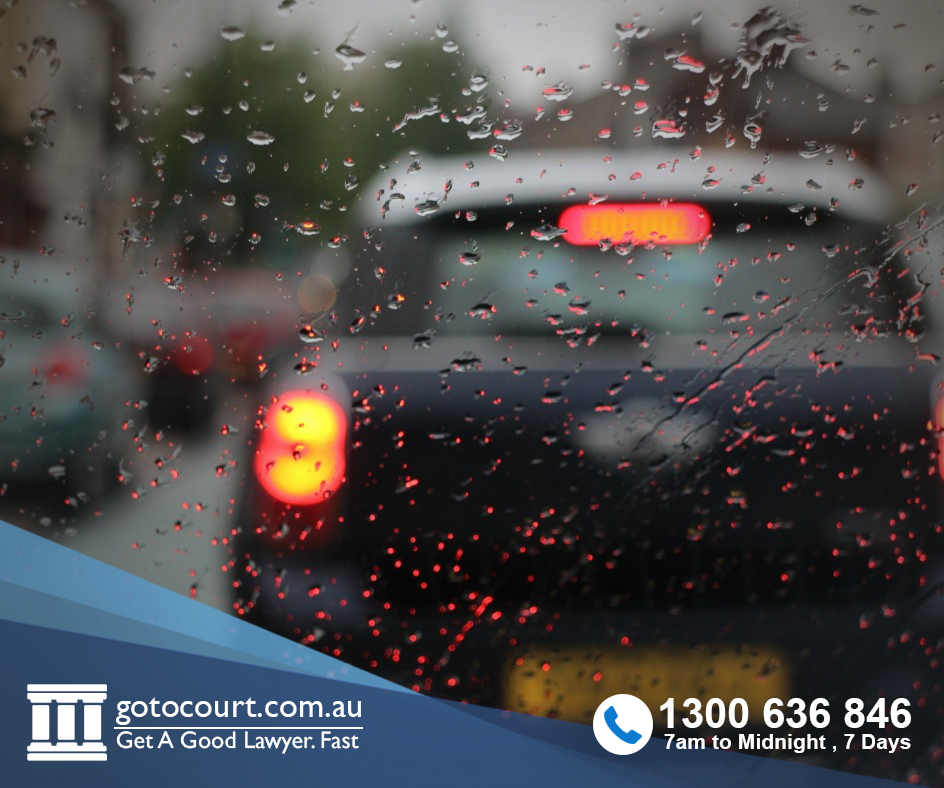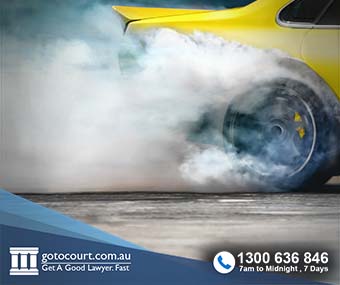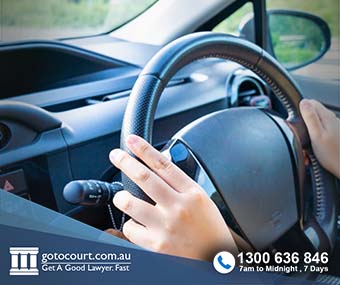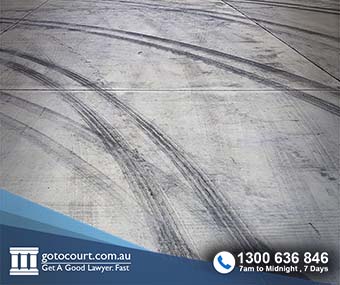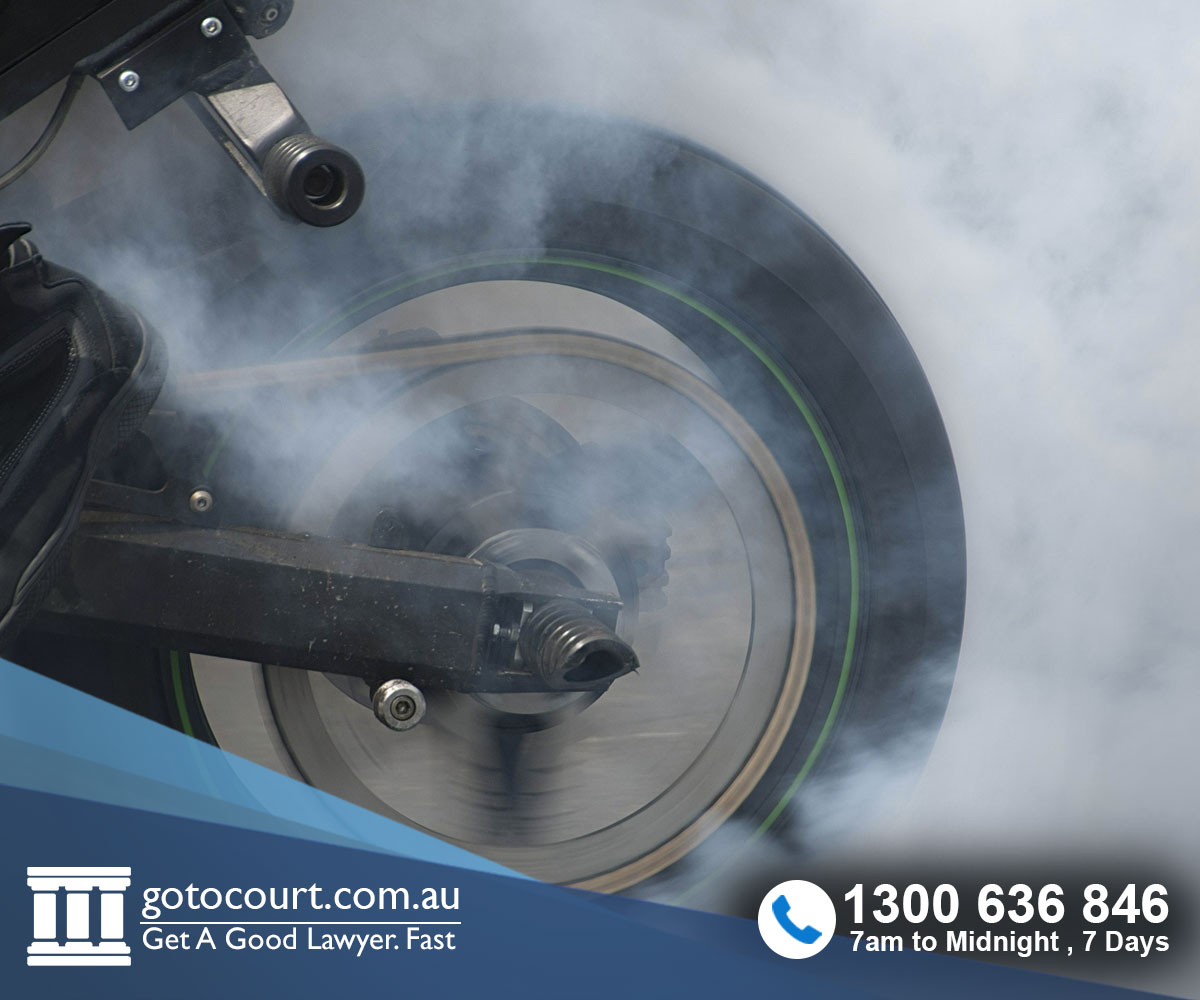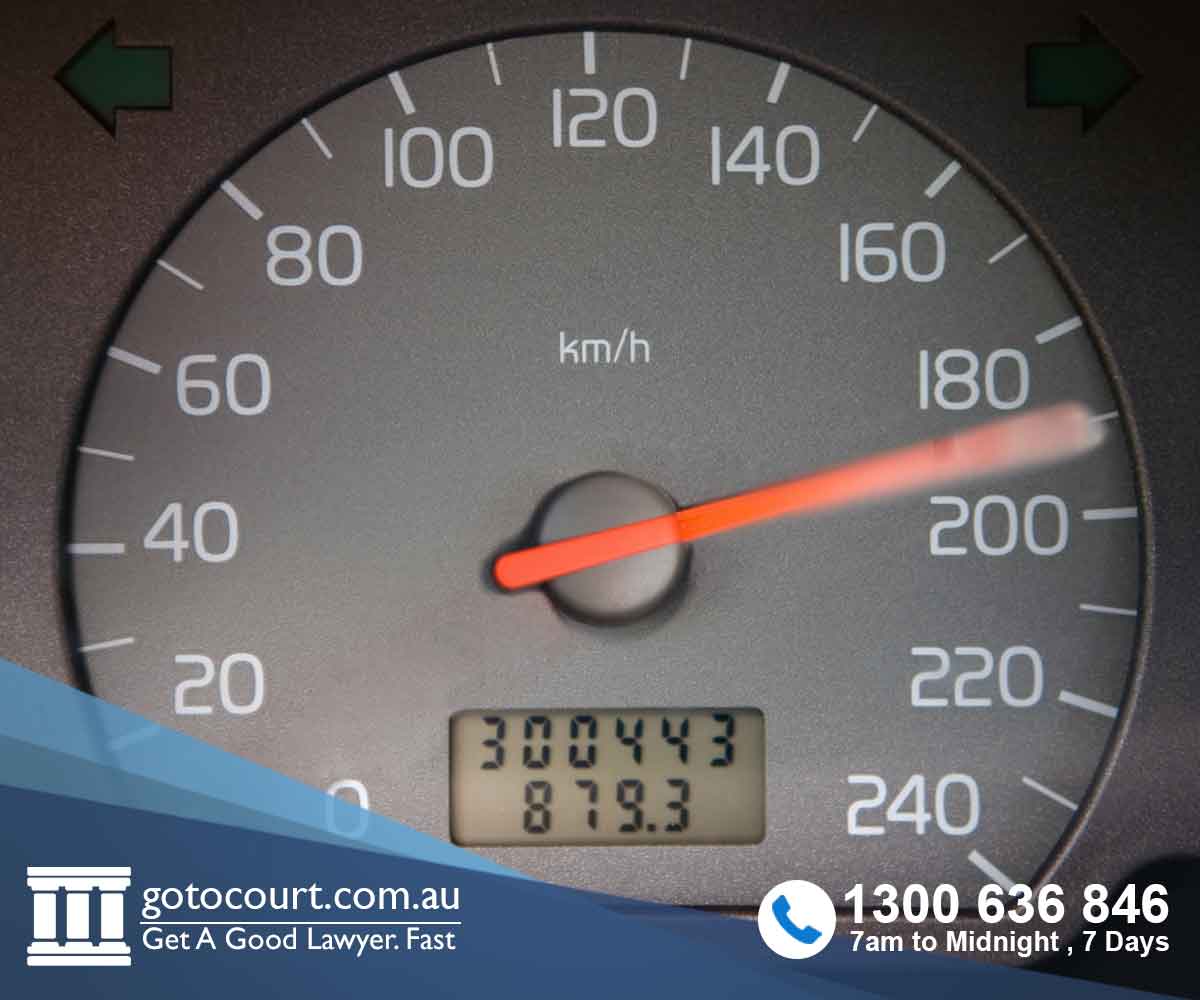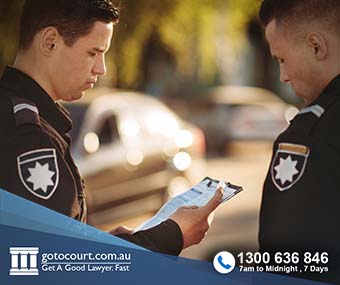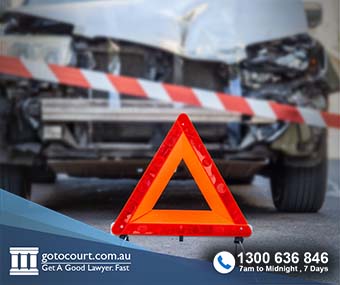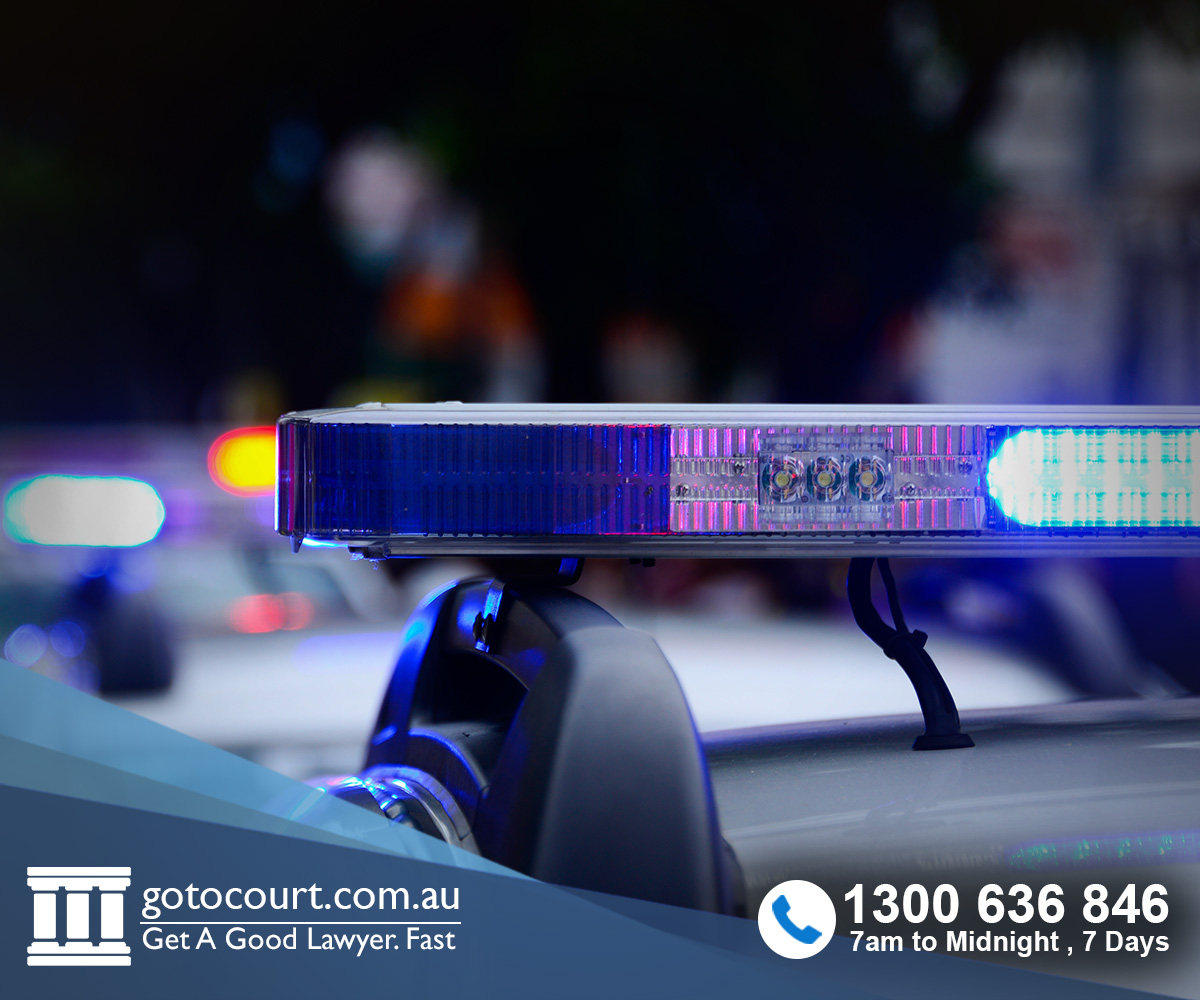Call our lawyers
now
or,
have our lawyers
call you
Hoon Laws in Tasmania
Updated on Dec 05, 2022 • 6 min read • 353 views • Copy Link
Hoon Laws in Tasmania
Police officers in Tasmania have the power to confiscate and clamp motor vehicles where drivers commit certain types of “hooning” offences. These powers are contained in the Police Offences Act 1935 and the Traffic Act 1925. The “hooning” offences to which they apply include unlawful entry on land with a motor vehicle, failing to comply with a direction to leave a public place, “hooning” behaviour such as causing a loss of traction in your wheels or creating unnecessary noise, recklessly or negligently driving, holding a race without a permit, evading police, driving over 45 km/h over the speed limit and driving whilst disqualified.
‘Hooning’ behaviour
It is an offence to commit certain types of “hooning” behaviour, including operating a motor vehicle in a way that deliberately creates unnecessary noise or smoke, unnecessarily accelerating or causing a loss of traction (for example, by doing burnouts or drag racing) or racing against another vehicle. This offence is contained in the Police Offences Act 1935. The maximum penalty for this offence is 20 penalty units (i.e. $2,800), 3 months imprisonment or both. Also, a court may order that the offender be disqualified from driving for a maximum period of 2 years.
Racing without a permit
It is an offence to hold, compete or take part in a motor-vehicle race without a permit granted by the Tasmania Commissioner of Police. This offence is contained in the Police Offences Act 1935. The maximum penalty for this offence is 5 penalty units (i.e. $700). You will commit the same offence if you are indirectly involved in the holding of the race, so friends who do not race but watch or cheer on may also be guilty of this offence.
Reckless or negligent driving
It is an offence to drive on a public street recklessly, or at a speed that is dangerous to the public. This offence is contained in the Traffic Act 1925. Whether a person is driving recklessly or dangerously depends on the nature, condition and use of the public street, including its normal traffic flow. The maximum penalty for this offence is a fine of 20 penalty units (i.e. $2,800) and/or 2 years imprisonment for a first offence, or a fine of 40 penalty units (i.e. $5,600) and/or 4 years imprisonment if the offence has been committed before. Separate offences apply if you kill or cause grievous bodily harm to a person while you are driving negligently. The maximum penalties for these offences are less severe than negligent driving.
Evading Police
The hoon laws also include, if you are driving a vehicle and you take action to evade a police officer who is exercising his or her police powers, you may be guilty of an offence for which the fine is a maximum of 50 penalty units or 12 months prison, or both. This includes being involved in police chases.
Confiscating and clamping vehicles
If you are caught committing one of the above hoon law offences by a police officer in Tasmania, that police officer may clamp your car, or confiscate your car and your car keys and take the car to a holding yard. Alternatively, they can clamp or confiscate your car within 14 days. The police officer might give you directions to facilitate this process, such as requiring you to make your car available for confiscation at a local holding yard. Failure to comply with such a direction is punishable by a fine of up to 40 penalty units (i.e. $5,960). Alternatively, if a police officer reasonably believes that you have committed one of the above offences but did not catch you doing so, they may enter your premises using reasonable force for the purposes of clamping or confiscating your car, but only within two weeks of the offence being committed.
Notice of the clamping or confiscation will be given to both the offending driver and the registered owner of the car. The maximum period that the car will be clamped or confiscated is 7 days (if the offence committed is unlawful entry on land or failing to comply with a direction to leave a public place) or 28 days in all other circumstances. If your car is clamped or confiscated after committing one of the above offences for a second time, the maximum period is 3 months. For a third or subsequent offences, your car may become forfeited.
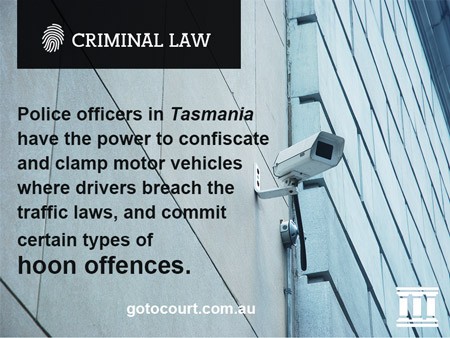
Offences while the vehicle is confiscated or clamped
It is an offence to unlawfully remove a car that has been confiscated from its holding yard. It is also an offence to attempt to drive a car that has been clamped or interfere with the clamping device. The maximum penalty for these offences is 40 penalty units (i.e. $5,960). The police may also seize the car and have it moved to a holding yard.
Return of confiscated or clamped vehicle
Your car will be unclamped at the end of its clamping period by you collecting a key to the clamping device from a local police station, releasing the clamp and returning it to the station. Failing to return the key or clamping the device, damaging the key or attempting to copy the key is an offence punishable by a maximum fine of $5,960. If your car was confiscated, you will be allowed to collect it from the holding yard where it is being held, but only after you pay the costs of keeping the vehicle at the holding yard. If you do not collect your car within 2 months of the confiscation period ending, your car may be sold. Alternatively, if you are not found guilty of an offence, the car will be returned to you as soon as possible.
Forfeiture of vehicle
If your car is clamped or confiscated and you are convicted of a “hooning” offence for at least the third time, an application may be made to the court to have your car forfeited, or impose on you a fine of 100 penalty units (i.e. $14,900). If the car is forfeited, it becomes the property of the Crown. You can seek an order to have the car returned until the forfeiture order is decided, but you cannot sell or dispose of the car during that time or you will commit an offence punishable by a maximum fine of $5,960.
If you are the registered owner of a car and your car may be forfeited because another person (e.g. your child) committed their third “hooning” offence, it is a defence to show that the offence occurred without your knowledge or consent. Alternatively, the court can order that the car be returned and a period of community service be imposed if it concludes that a person would otherwise suffer severe hardship.

Affordable Lawyers
Our Go To Court Lawyers will assist you in all areas of law. We specialise in providing legal advice urgently – at the time when you need it most. If you need a lawyer right now, today, we can help you – no matter where you are in Australia.How It Works







1. You speak directly to a lawyer
When you call the Go To Court Legal Hotline, you will be connected directly to a lawyer, every time.


2. Get your legal situation assessed
We determine the best way forward in your legal matter, free of charge. If you want to go ahead and book a face-to-face appointment, we will connect you with a specialist in your local area.


3. We arrange everything as needed
If you want to go ahead and book a fact-to-face appointment, we will connect you with a specialist in your local area no matter where you are and even at very short notice.


